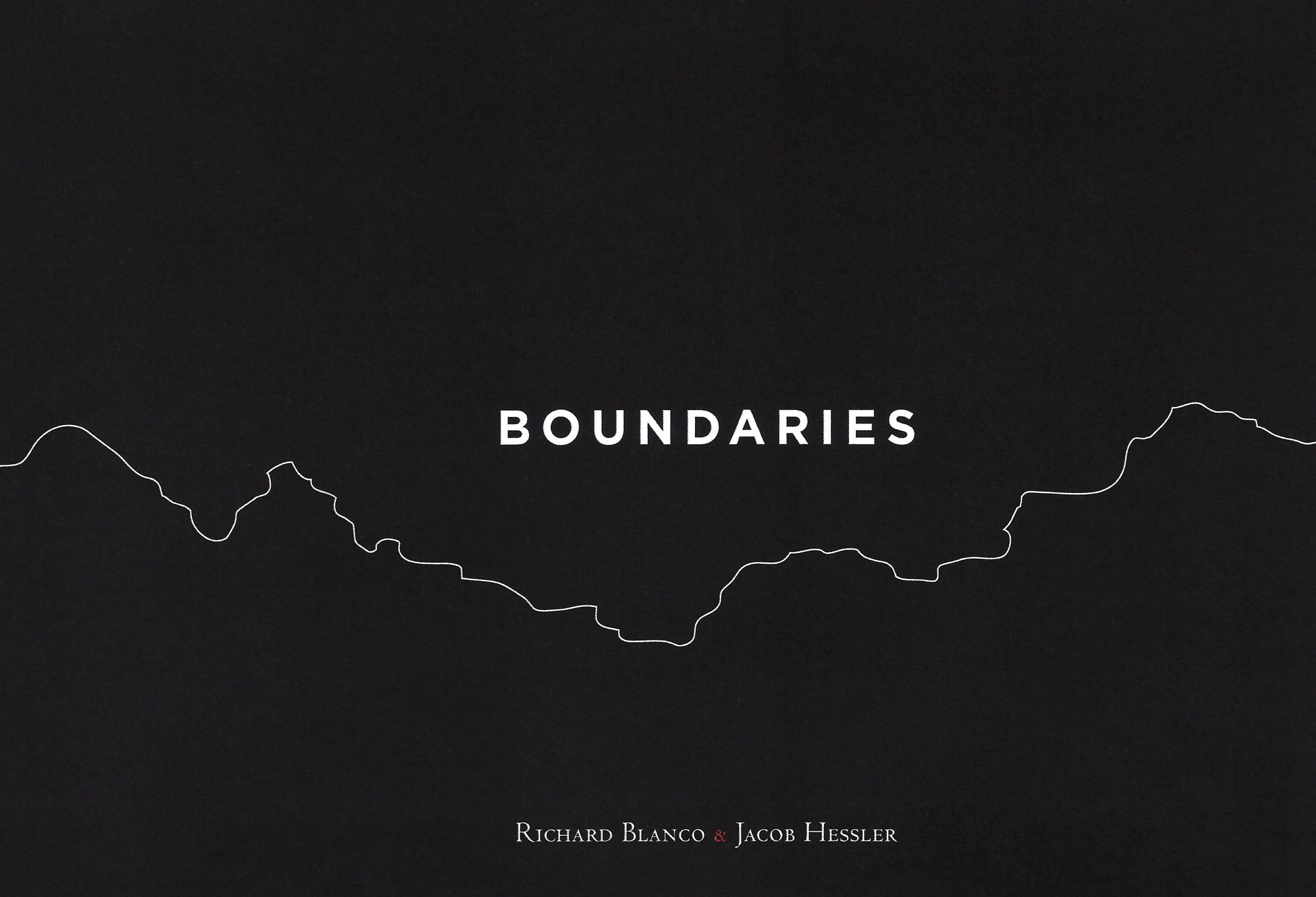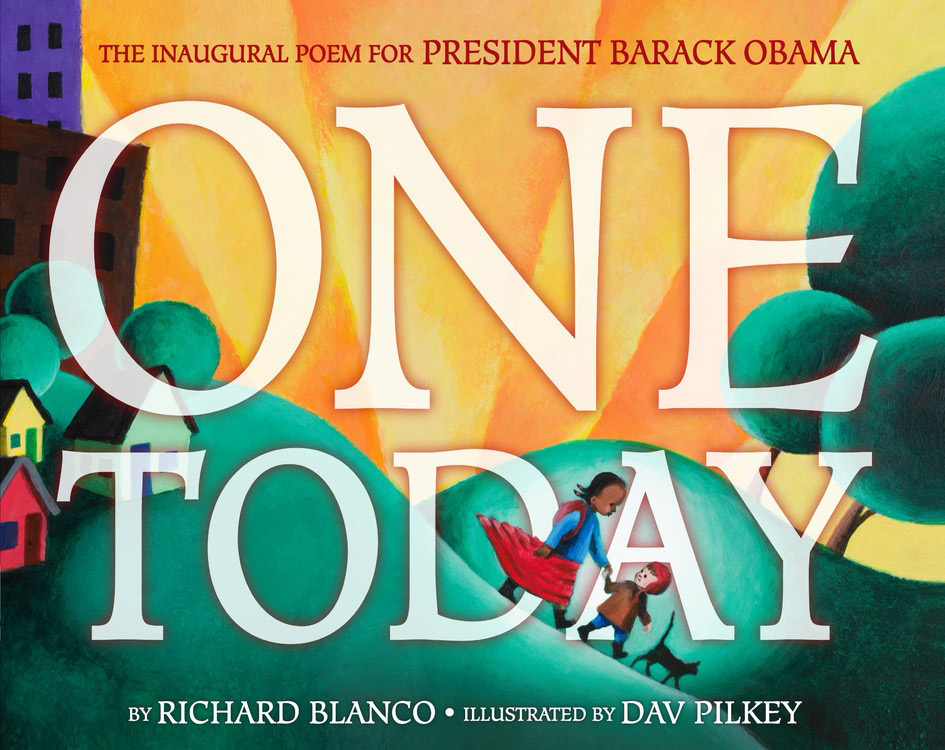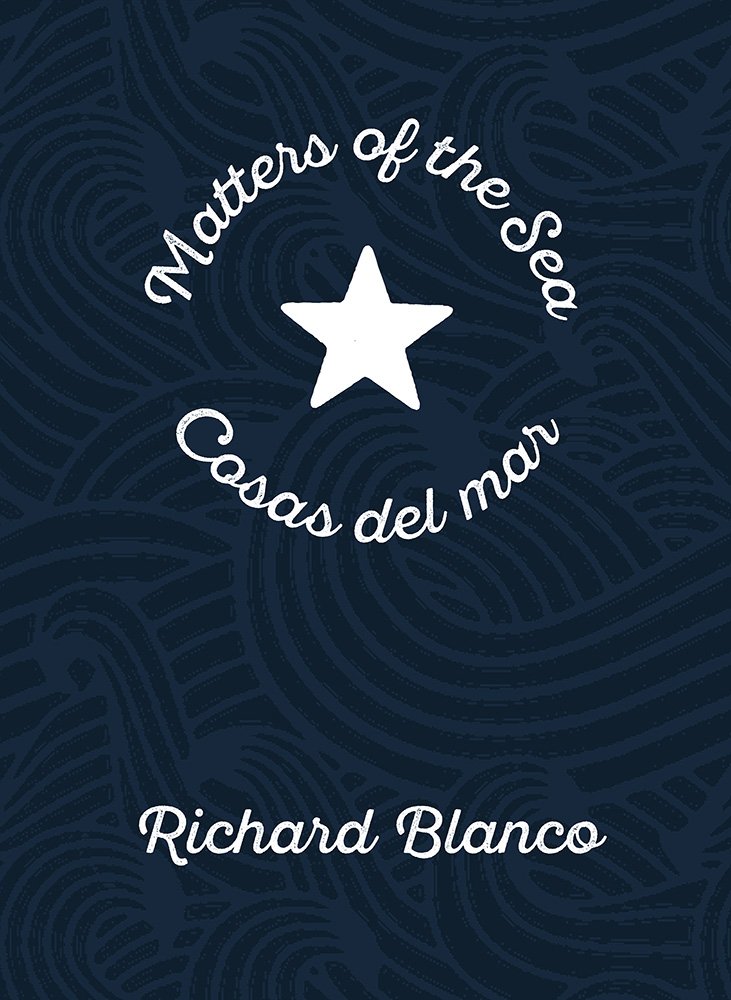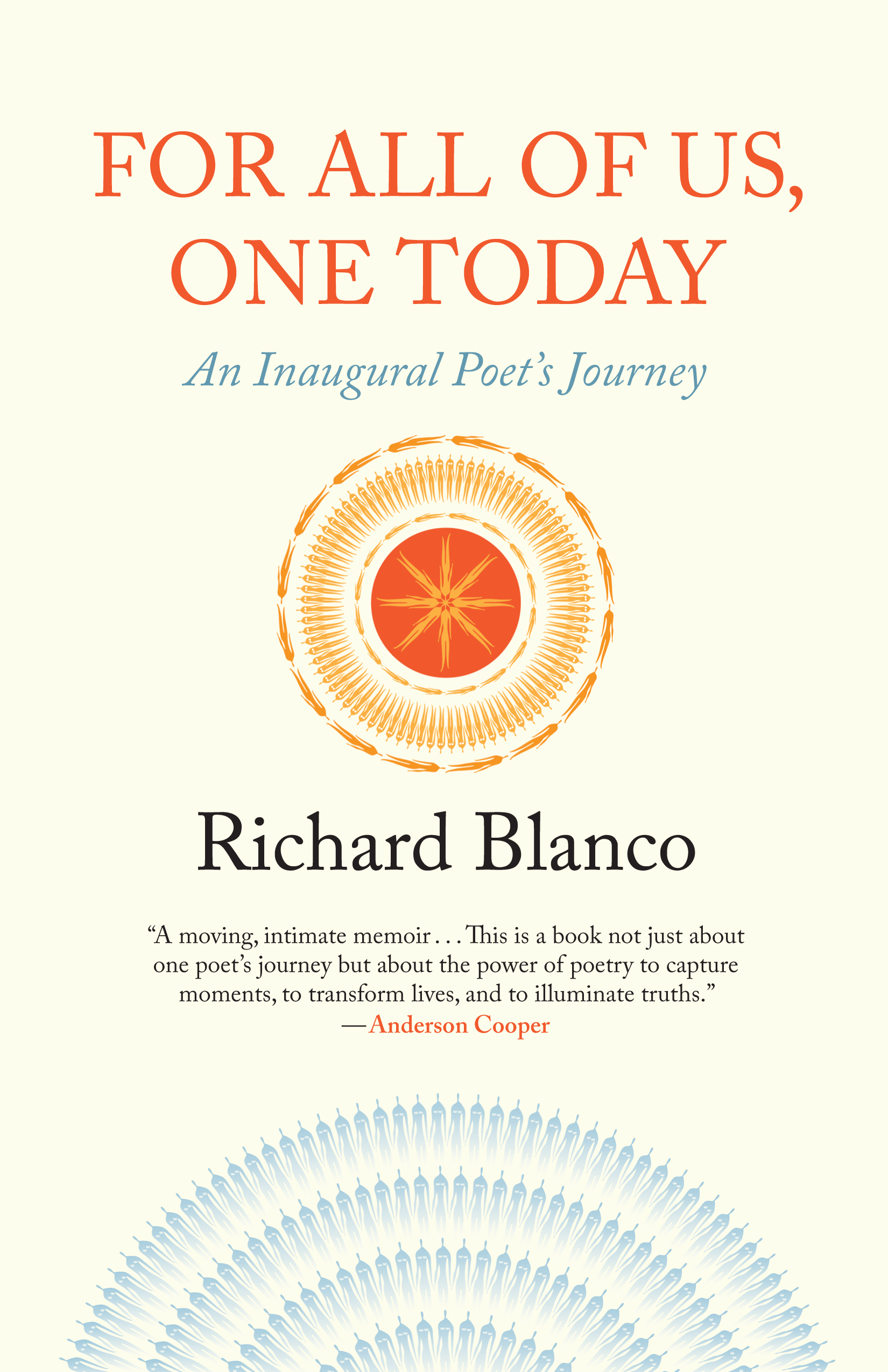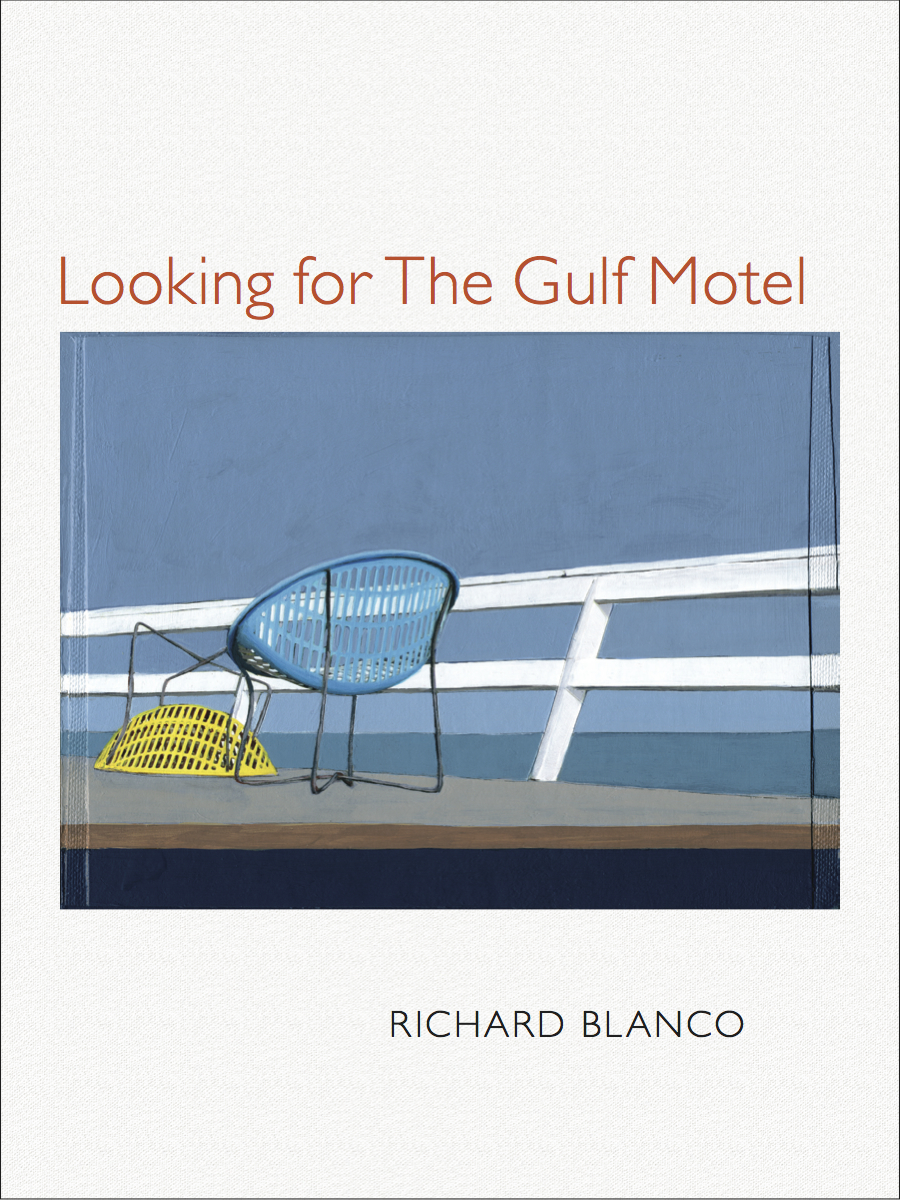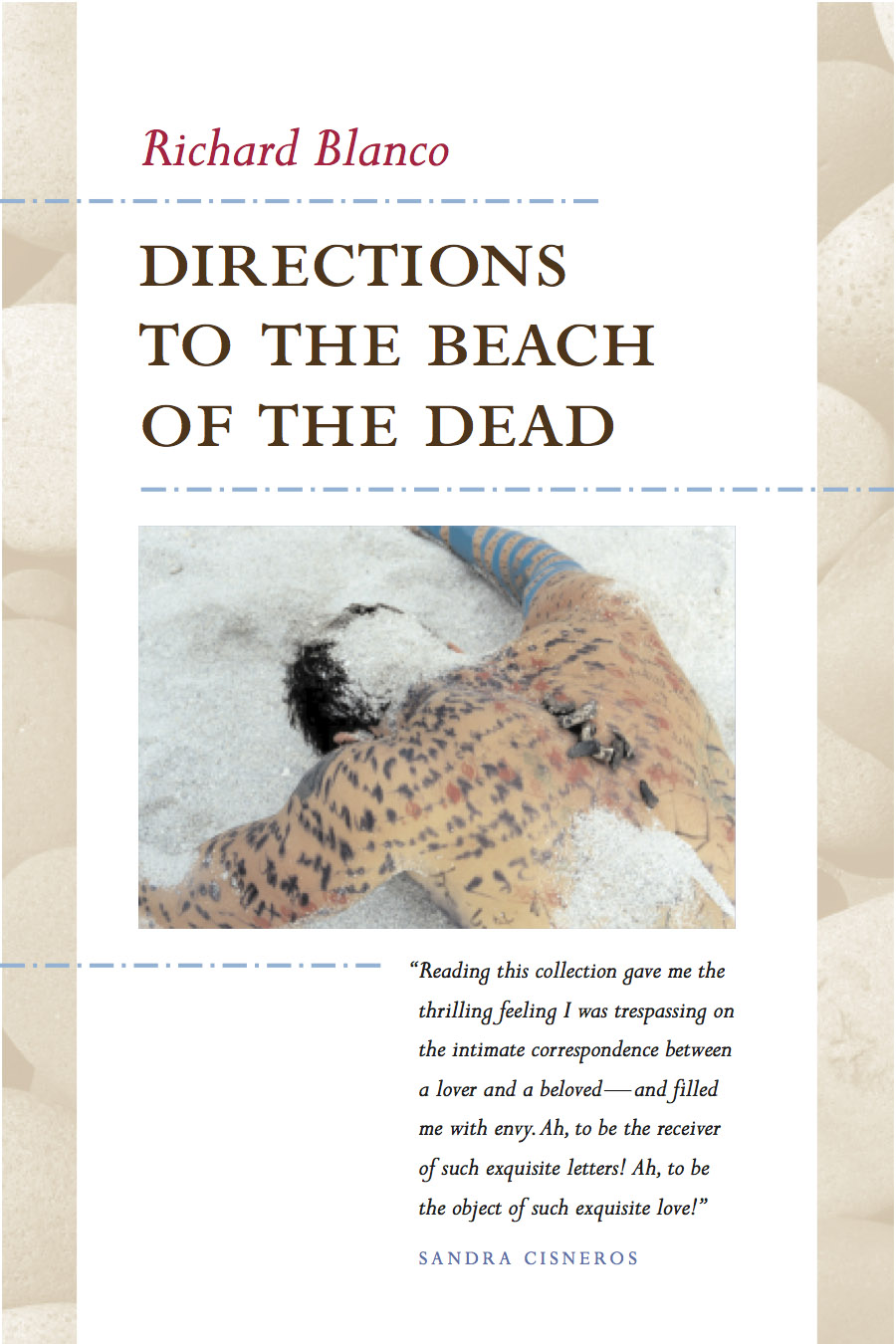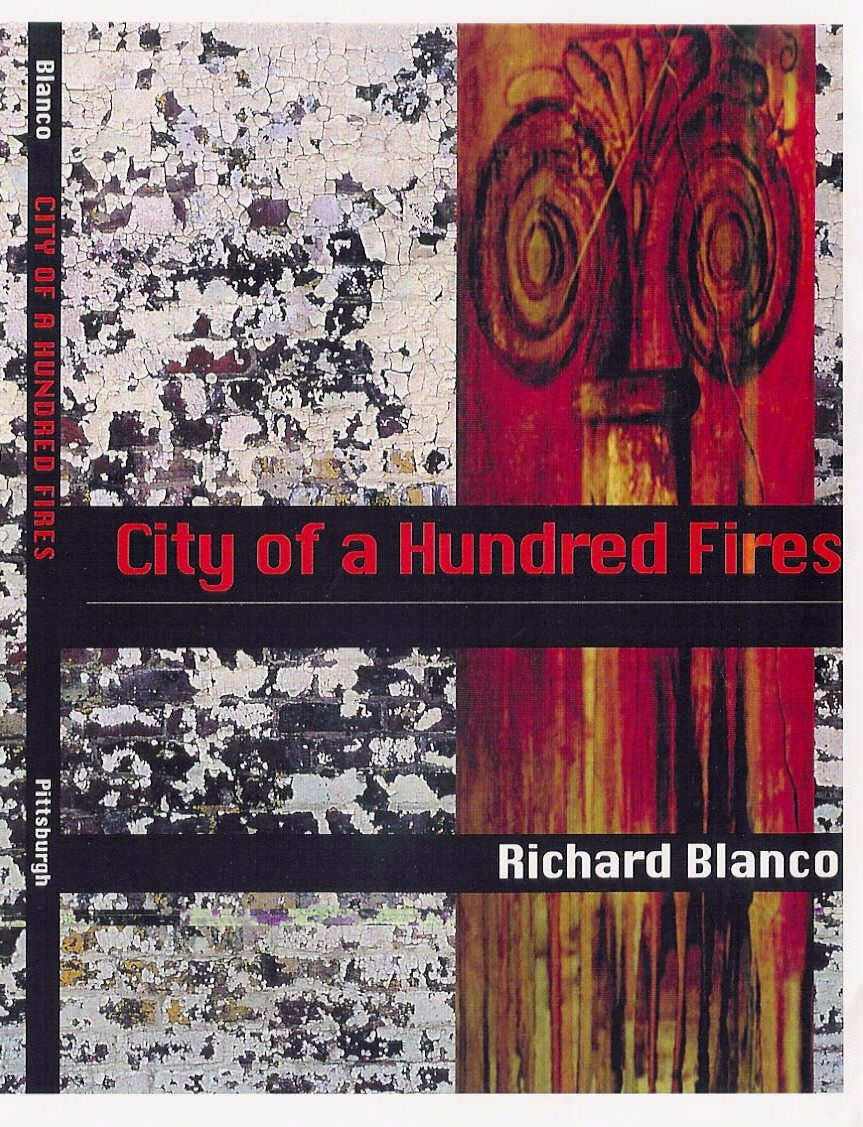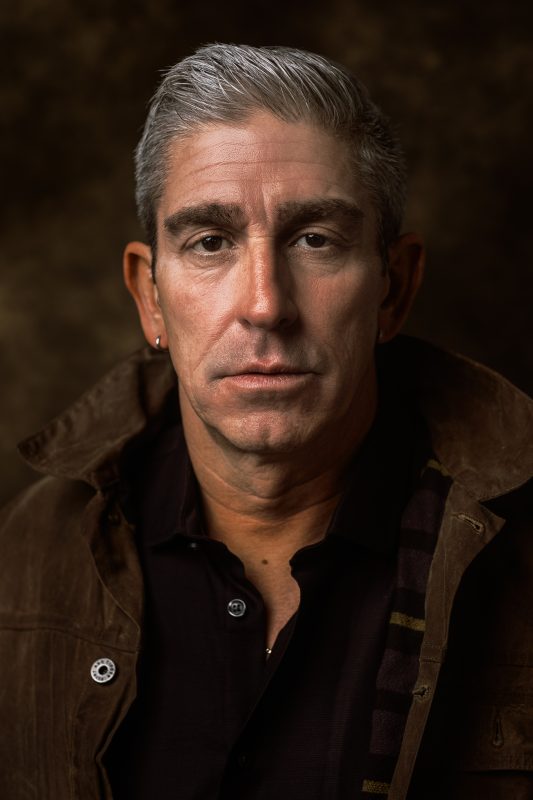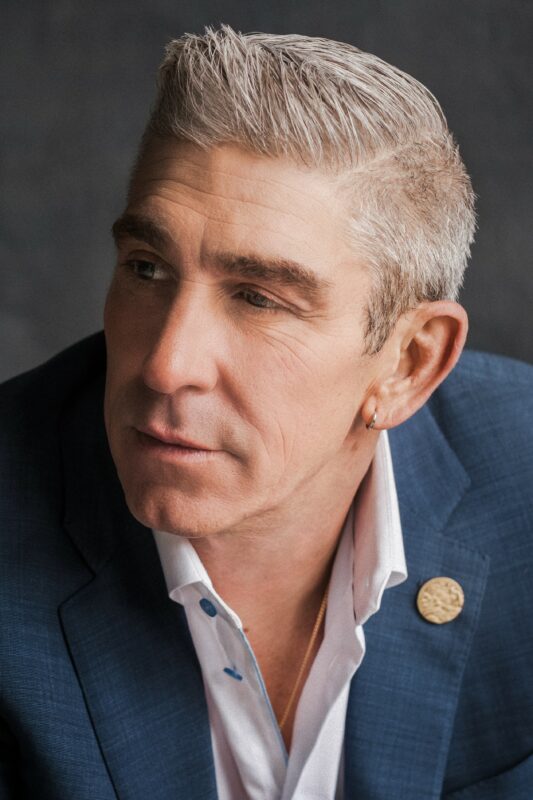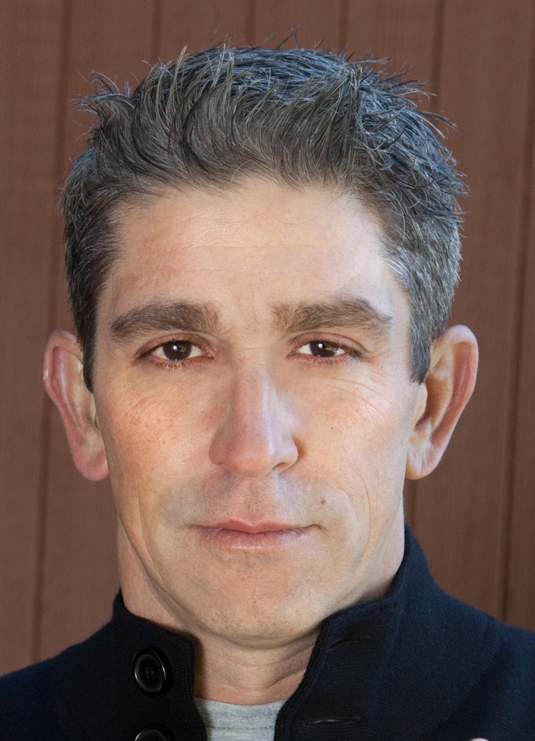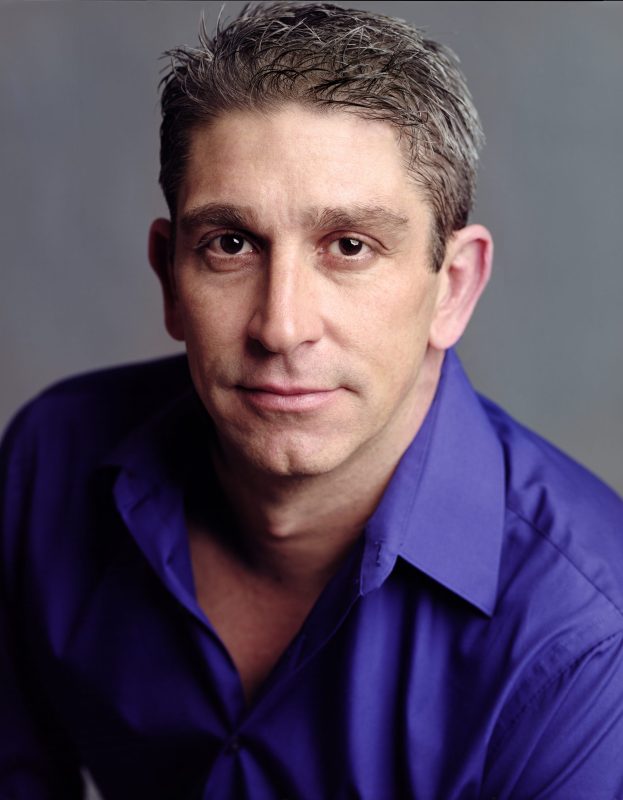
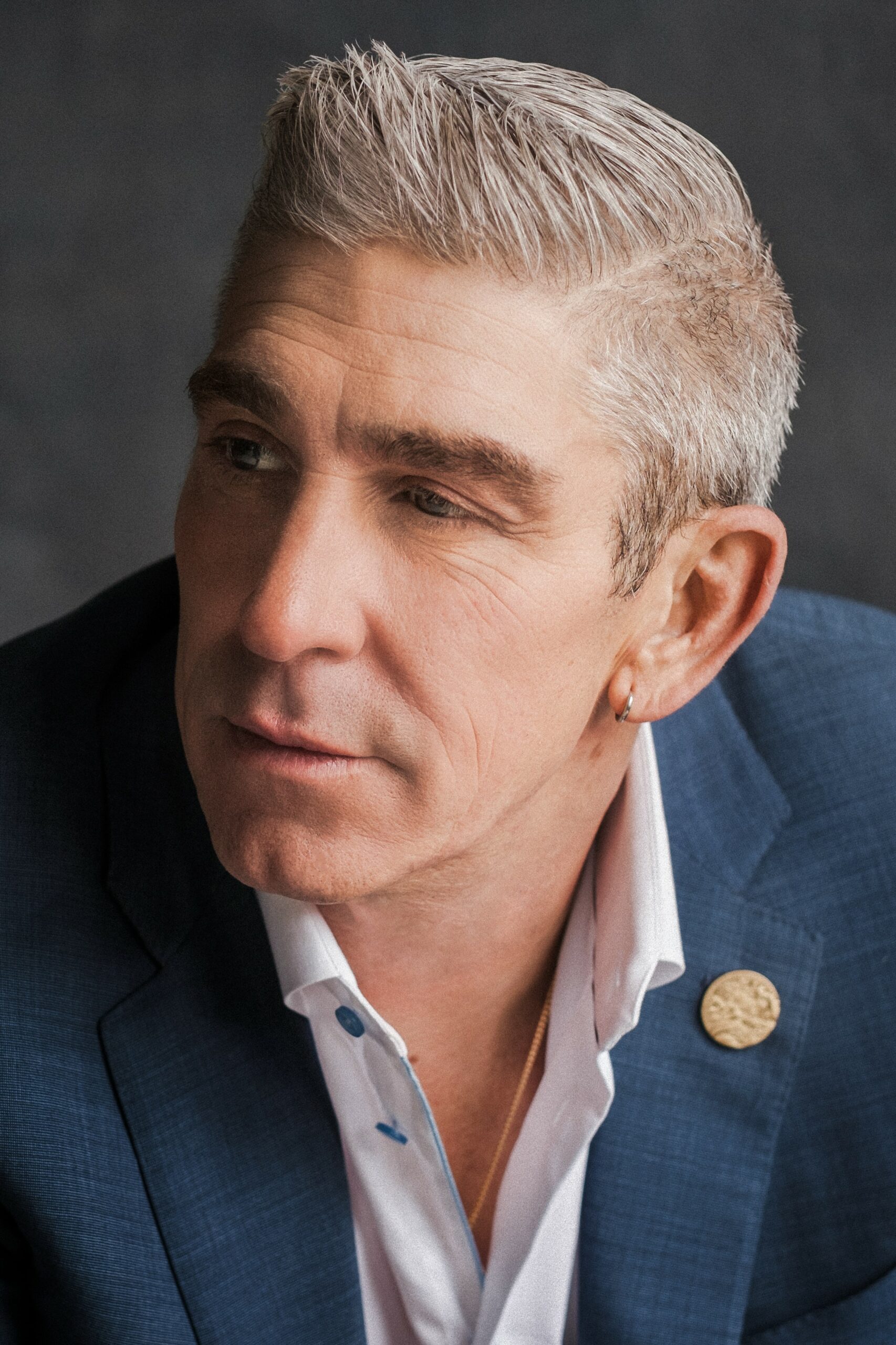
Richard Blanco
National Humanities Medal Recipient
President Obama's Inaugural Poet 2013
Lambda Literary Award for Memoir
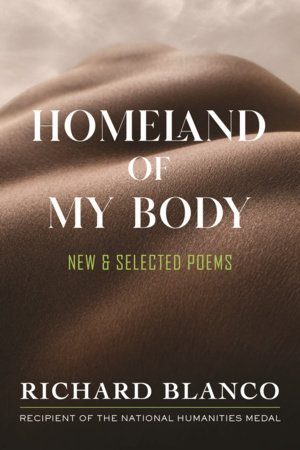
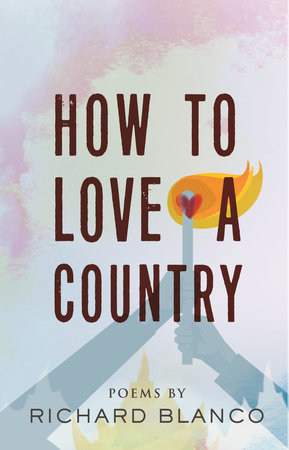
Readings &
Lecture Topics
- Poetry of Identity and Place
- American Boundaries: Race and Immigration
- Poetry in Exile: Real & Imagined Homelands
- The Intersection of Sexual & Cultural Identities
- The Civic Role of Poetry: For, By & Of the People
- Poet-Engineer: Writing Bridges/Building Poems
- Memoir as Mirror: Writing Your Universal Story
- Teaching Poetry Like a Poet: For Educators
- Poet-In-Residence Program
Biography
“An engineer, poet, Cuban American, Richard Blanco’s poetry bridges cultures and languages—a mosaic of our past, our present, and our future—reflecting a nation that is hectic, colorful, and still becoming.”—President Joe Biden, conferring the National Humanities Medal on Richard Blanco, 2023
“A masterful poet who is clear-eyed and full of heart, Blanco explores the country’s haunted past while offering a bright hope for the future.” —Ada Limón
“Blanco’s poems are journeys to a homeland within the heart, a welcome homecoming earned from a lifetime’s wise voyaging.”—Sandra Cisneros
“Richard Blanco writes about the elusive poundingness of love.”—Eileen Myles
Selected by President Obama as the fifth Presidential Inaugural Poet in U.S. history, Richard Blanco was the youngest, the first Latinx, immigrant, and gay person to serve in that a role. In 2023, he was awarded the National Humanities Medal from the NEH by President Biden. Blanco was a Woodrow Wilson Fellow and has received numerous honorary doctorates. He currently severs as the first-ever Education Ambassador for the Academy of American Poets and was appointed the first-ever poet laureate of Miami Dade County. Blanco has taught at Georgetown University, American University, and Wesleyan University. He is currently an Associate Professor of English at Florida International University, his alma mater, where he earned both a Bachelor of Science in Civil Engineering and a Master of Fine Arts in Creative Writing.
Born in Madrid to Cuban exile parents and raised in Miami in a working-class family, Blanco’s personal negotiation of cultural identity and the universal themes of place and belonging characterize his five collections of poetry: City of a Hundred Fires (recipient of the Agnes Starrett Poetry Prize from the University of Pittsburgh Press; Directions to The Beach of the Dead (recipient of the Beyond Margins Award from the PEN American Center); Looking for The Gulf Motel (recipient of the Paterson Poetry Prize and the Thom Gunn Award); How To Love a Country, his most recent book, Homeland of My Body: New & Selected Poems. Blanco has also authored the memoirs For All of Us, One Today: An Inaugural Poet’s Journey and The Prince of Los Cocuyos: A Miami Childhood, which is currently under development as a TV series. Exploring other genres, with Vanessa Garcia, Blanco cowrote the play Sweet Goats & Blueberry Señoritas, which premiered at Portland Stage. He is also co-lyrist for Waiting for Snow in Havana, a musical in development.
As a civically engaged author, Blanco has written occasional poems for organizations and events including the reopening of the US Embassy in Cuba, Freedom to Marry, the Tech Awards of Silicon Valley, and the Boston Strong benefit concert following the Boston Marathon bombings. Nationally as well as internationally, Blanco lends his art and voice to advocate for diversity, LGBTQ rights, immigration rights, and arts education. Whether speaking as the Cuban Blanco or the American Richard, the homebody or the world traveler, the shy boy or the openly gay man, the engineer or the presidential inaugural poet, Blanco’s writings possess a story-rich quality that illuminates the human spirit. His work asks those universal questions we all ask ourselves on our own journeys: Where am I from? Where do I belong? Who am I in this world?
Short Bio
Selected by President Obama as the fifth Presidential Inaugural Poet in U.S. history, Richard Blanco was the youngest, the first Latinx, immigrant, and gay person to serve in that role. In 2023, Blanco was awarded the National Humanities Medal by President Biden from the National Endowment for the Humanities. Born in Madrid to Cuban exile parents and raised in Miami in a working-class family, Blanco’s personal negotiation of cultural identity and the universal themes of place and belonging characterize Blanco’s many collections of poetry, including his most recent, Homeland of My Body, which reassess traditional notions of home as strictly a geographical, tangible place that merely exist outside us, but rather, within us. He has also authored the memoirs For All Of Us: One Today: An Inaugural Poet’s Journey and The Prince of Los Cocuyos: A Miami Childhood. Blanco has received numerous awards, including the Agnes Starrett Poetry Prize, the PEN American Beyond Margins Award, the Patterson Prize, and a Lambda Prize for memoir. He was Woodrow Wilson Fellow and has received numerous honorary degrees. Currently, he serves as Education Ambassador for The Academy of American Poets and is an Associate Professor at Florida International University. In April 2022, Blanco was appointed the first-ever Poet Laureate of Miami-Dade County.
Videos
Publications
Homeland of My Body: New & Selected Poems
Poetry, 2023
How to Love a Country
Poetry, 2019
A new collection from the renowned inaugural poet exploring immigration, gun violence, racism, LGBTQ issues, and more, in accessible and emotive verses. The diverse poems in this collection form a mosaic of seemingly varied topics: the Pulse Nightclub massacre; an unexpected encounter on a visit to Cuba; the forced exile of 8,500 Navajos in 1868; the arrival of a young Chinese woman at Angel Island in 1938; the incarceration of a gifted writer; and the poet’s abiding love for his partner, who he is finally allowed to wed. But despite each poem’s unique subject matter or occasion, all are fundamentally asking one overwhelming question: how to love this country? Seeking answers, Blanco digs deep into the very marrow of our nation–our cities and towns–with poems that interrogate our past and present, grieve our injustices and note our flaws, yet remember to celebrate our ideals and cling to our hopes. Blanco unravels the very fabric of the American narrative, pursuing a resolution to the inherent contradiction of our nation’s psyche and mandate: e pluribus unum (out of many, one), charged with the utopian idea that no single narrative is more important than another, and that America could and ought someday to be a county where all narratives converge into one. A country in which we can all truly thrive and truly love.
The Prince of Los Cocuyos: A Miami Childhood
Memoir, 2014
“Forged form truth and grace, Blanco has crafted a deeply compelling and moving memoir about place, self and family.” —Augusten Burroughs
A poignant, hilarious, and inspiring memoir from the first Latino and openly gay inaugural poet, exploring his coming-of-age as the child of Cuban immigrants and his attempts to understand his place in America while grappling with his burgeoning artistic and sexual identities. Richard Blanco’s childhood and adolescence were experienced between two imaginary worlds: his parents’ nostalgic world of 1950s Cuba and his imagined America, the country he saw on reruns of The Brady Bunch and Leave it to Beaver—an “exotic” life he yearned for as much as he yearned to see “la patria.” Navigating these worlds eventually led Blanco to question his cultural identity through words; in turn, his vision as a writer and as an artist prompted the courage to accept himself as a gay man. A prismatic and lyrical narrative rich with the colors, sounds, smells, and textures of Miami, Richard Blanco’s personal narrative is a resonant account of how he discovered his authentic self and, ultimately, a deeper understanding of what it means to be American.
Boundaries
Poetry and Photography, 2017
Boundaries is a fine-press collaborative project between Presidential Inaugural Poet Richard Blanco and contemporary landscape photographer Jacob Bond Hessler. Blanco’s poems and Hessler’s photographs together investigate the visible and invisible boundaries of race, gender, class, and ethnicity, among many others; they challenge the physical, imagined, and psychological dividing lines—both historic and current—that shadow America and perpetuate an us vs. them mindset by inciting irrational fears, hate, and prejudice. In contrast to the Trump administration’s narrow definition of an America with very clear-cut boundaries, Blanco and Hessler cross and erase borders. As artists, they tear down barriers to understanding by pushing boundaries and exposing them for what they truly are—fabrications for the sake of manifesting power and oppression pitted against our hopes of indeed becoming a boundaryless nation in a boundaryless world.
Click here for more information and instructions on how to purchase copies of Boundaries.
One Today
Children’s Book, 2015
President Barack Obama invited Richard Blanco to write a poem to share at his second presidential inauguration. That poem is One Today, a lush and lyrical, patriotic commemoration of America from dawn to dusk and from coast to coast. Brought to life here by beloved, award-winning artist Dav Pilkey, One Today is a tribute to a nation where the extraordinary happens every single day.
Matters of the Sea
Chapbook, 2015
Matters of the Sea / Cosas del mar is a commemorative bilingual chapbook that beautifully reproduces Richard Blanco’s stirring poem presented during the historic reopening ceremony of the United States Embassy in Havana, Cuba on August 14, 2015.
For All of Us, One Today
Memoir, 2013
“Thanks to Blanco’s intelligent, open, and honest reflections, this book will make Americans’ hearts swell with pride and patriotism in the most genuine way.” —Publishers Weekly
In this brief and evocative memoir, Richard Blanco shares his life as a Latino immigrant and openly gay man discovering a new, emotional understanding of what it means to be an American. He tells the story of the call from the White House committee and all the exhilaration and upheaval of the days that followed. He reveals the inspiration and challenges behind the creation of the inaugural poem “One Today” as well as two other poems commissioned for the occasion (“Mother Country” and “What We Know of Country”), published here for the first time ever, alongside translations of all three poems into his native Spanish. Finally, Blanco reflects on his spiritual embrace of Americans everywhere through the power of poetry and his vision for its new role in our nation’s consciousness. Like the inaugural poem itself, For All of Us, One Today speaks to what makes this country and its people great, marking a triumphant moment in American history and letters.
Boston Strong
Chapbook, 2013
Boston Strong is a commemorative chapbook that beautifully reproduces Richard Blanco’s poignant poem presented May 30, 2013 at the benefit concert to help the people most affected by the bombing that occured on April 15, 2013 during the Boston Marathon.
Looking for the Gulf Motel
Poetry, 2012
“Blanco’s work packs an emotional wallop, especially when he deals with the themes of place and identity.” —Poetry Quarterly
Family continues to be a wellspring of inspiration and learning for Blanco. His third book of poetry, Looking for the Gulf Motel, is a genealogy of the heart, exploring how his family’s emotional legacy has shaped—and continues shaping—his perspectives. The collection is presented in three movements, each one chronicling his understanding of a particular facet of life from childhood into adulthood. As a child born into the milieu of his Cuban-exiled familia, the first movement delves into early questions of cultural identity and their evolution into his unrelenting sense of displacement and quest for the elusive meaning of home. The second begins with poems peering back into family again, examining the blurred lines of gender, the frailty of his father-son relationship, and the intersection of his cultural and sexual identities as a Cuban-American gay man living in rural Maine. In the last movement, poems focused on his mother’s life shaped by exile, his father’s death, and the passing of a generation of relatives, all provide lessons about his own impermanence in the world and the permanence of loss. Looking for the Gulf Motel is looking for the beauty of that onto which we cannot hold, be it country, family, or love.
Directions to the Beach of the Dead
Poetry, 2005
In his second book of narrative, lyric poetry, Richard Blanco explores the familiar, unsettling journey for home and connections, those anxious musings about other lives. He examines the restlessness that threatens from merely staying put, the fear of too many places and too little time. The words are redolent with his Cuban heritage…yet this is a volume for all who have longed for enveloping arms and words, and for that sanctuary called home. Blanco embraces juxtaposition. There is the Cuban Blanco, the American Richard, the engineer by day, the poet by heart, the rhythms of Spanish, the percussion of English, the first-world professional, the immigrant, the gay man, the straight world. There is the ennui behind the question: why cannot I not just live where I live? Too, there is the precious, fleeting relief when he can write “…I am, for a moment, not afraid of being no more than what I hear and see, no more than this:…” It is what we all hope for, too.
City of a Hundred Fires
Poetry, 1998
Winner of the 1997 Agnes Lynch Starrett Prize, City of a Hundred Fires presents us with a journey through the cultural coming of age experiences of the hyphenated Cuban-American. This distinct group, known as the Generation (as coined by Bill Teck), are the bilingual children of Cuban exiles nourished by two cultural currents: the fragmented traditions and transferred nostalgia of their parents’ Caribbean homeland and the very real and present America where they grew up and live.
Articles & Audio
Read What’s In Print
• Four Latinos’ deep cultural imprint is recognized with nation’s highest arts honors – NBC News
• Richard Blanco is Miami-Dade’s first poet laureate – Miami Herald
• How to Love a Country offers a hopeful look at a flawed America – Washington Post
• Interview with Richard Blanco – Colby Magazine
• A Poet’s Perspective: Cuba, Trump, and Democracy – Univision News
• Obama’s Chosen Poet has Choice Words for Trump’s Inauguration – Miami Herald
• Richard Blanco pens a new poem for America — Split this Rock
• Review of One Today children’s book — Publishers Weekly
• Richard Blanco visits Cuba amid warming with US — Yahoo News
• Richard Blanco’s article on Cuba “There, The Sugar Was Sweeter” — Conde Nast Traveler
• An American Dream, a Cuban Soul: Richard Blanco Finds Home — NPR blog
• Major Jackson Reviews The Prince of Los Cocuyos — LA Review of Books
• Interview about The Prince of Los Cocuyos — Associated Press
• Interview: “Gay Latino Survival Kit” — The Daily Beast
• Creating a Mental Space through Poetry — CBS Sunday Morning
• “Building in Verse” Interview — Guernica Magazine
• Blanco on the Music of his Miami Childhood — Vogue
• About the Freedom to Marry Video “Until We Could” — The Daily Beast
• Review of The Prince of Los Cocuyos — Publishers Weekly
• Interview with The Academy of American Poets
• Article about the Inaugural Poem — The Washington Post
• Interview: One Year After the Inauguration — LA Review of Books
Listen to Audio
• Conversation: Lisa New with Richard Blanco and Gloria Estefan – PBS
• How To Love a Country Poet Richard Blanco Reads Your #NPRPoetry – NPR
• Healing Words: Poets and the Pandemic – WHYY
• Richard Blanco on the Poetry of the Home Cooked Meal – WGBH
• Can Poetry Help Us Create Meaning Out Of Despair? — WGBH
• In the Wake of a Bitter Election, the America Could Use More Poetry – WGBH News
• The Village Voice: Remembering 9/11 Through Poetry With Richard Blanco – WGBH News
• Inaugural Poet Richard Blanco — Fresh Air with Terry Gross
• Richard Blanco on For All of Us, One Today — The Diane Rehm Show
• Blanco Reflects on Normalized Cuba-US Relations — Radio Boston
• Blanco Reads “Looking For The Gulf Motel”
• Poet Richard Blanco On “Dreaming American” — Boston Public Radio
• Blanco on Figuring Out His Identity and Place in America — The Leonard Lopate Show
• Inaugural Poet Recalls A Closeted Childhood Of Cultural Tension — NPR
• Interview with Richard Blanco — Library of Congress
• On Becoming the Inaugural Poet — NPR
• Inaugural Poet Richard Blanco — The Leonard Lopate Show
Selected Writings
• Read “And So We All Fall Down” – NY Times Magazine
• Read “My Father In English” – The New Yorker
• Read Blanco’s tribute to the shootings in Orlando ‘One Pulse — One Poem’ – Miami Herald
Declaration of Interdependence
Such has been the patient sufferance…
We’re a mother’s bread, instant potatoes, milk at a checkout line. We’re her three children pleading for bubble gum and their father. We’re the three minutes she steals to page a tabloid, needing to believe even stars’ lives are as joyful and bruised.
Our repeated petitions have been answered only by repeated injury…
We’re her second job serving an executive absorbed in his Wall Street Journal at a sidewalk café shadowed by skyscrapers. We’re the shadows of the fortune he won and the family he lost. We’re his loss and the lost. We’re a father in coal town who can’t mine a life anymore because too much, too little has happened, for too long.
A history of repeated injuries and usurpations…
We’re the grit of his main street’s blacked-out windows and graffitied truths. We’re a street in another town lined with royal palms, at home with a Peace Corps couple who collect African Art. We’re their dinner-party-talk of wines, wielded picket signs, and burned draft cards. We’re what they know: it’s time to do more than read the New York Times, buy fair-trade coffee and organic corn.
In every stage of these oppressions we have petitioned for redress…
We’re the farmer who grew the corn, who plows into his couch as worn as his back by the end of the day. We’re his TV set blaring news having everything and nothing to do with the field dust in his eyes or his son nested in the ache of his arms. We’re his son. We’re a black teenager who drove too fast or too slow, talked too much or too little, moved too quickly, but not quick enough. We’re the blast of the bullet leaving the gun. We’re the guilt and the grief of the cop who wished he hadn’t shot.
We mutually pledge to each other our lives, our fortunes and our sacred honor…
We’re the dead, we’re the living amid the flicker of vigil candlelight. We’re in a dim cell with an inmate reading Dostoevsky. We’re his crime, his sentence, his amends, we’re the mending of ourselves and others. We’re a Buddhist alongside a stock broker serving soup at a shelter. We’re each other’s shelter and hope: a widow’s fifty cents in a collection plate and a golfer’s ten-thousand-dollar pledge for a cure.
We hold these truths to be self-evident…
We’re the cure for hatred caused by despair. We’re the good morning of a bus driver who remembers our name, the tattooed man who gives up his seat on the subway. We’re every door held open with a smile when we look into each other’s eyes the way we behold the moon. We’re the moon. We’re the promise of one people, one breath declaring to one another: I see you. I need you. I am you.
Looking for the Gulf Motel
There should be nothing here I don’t remember . . .
The Gulf Motel with mermaid lampposts
and ship’s wheel in the lobby should still be
rising out of the sand like a cake decoration.
My brother and I should still be pretending
we don’t know our parents, embarrassing us
as they roll the luggage cart past the front desk
loaded with our scruffy suitcases, two-dozen
loaves of Cuban bread, brown bags bulging
with enough mangos to last the entire week,
our espresso pot, the pressure cooker–and
a pork roast reeking garlic through the lobby.
All because we can’t afford to eat out, not even
on vacation, only two hours from our home
in Miami, but far enough away to be thrilled
by whiter sands on the west coast of Florida,
where I should still be for the first time watching
the sun set instead of rise over the ocean.
Read more…


